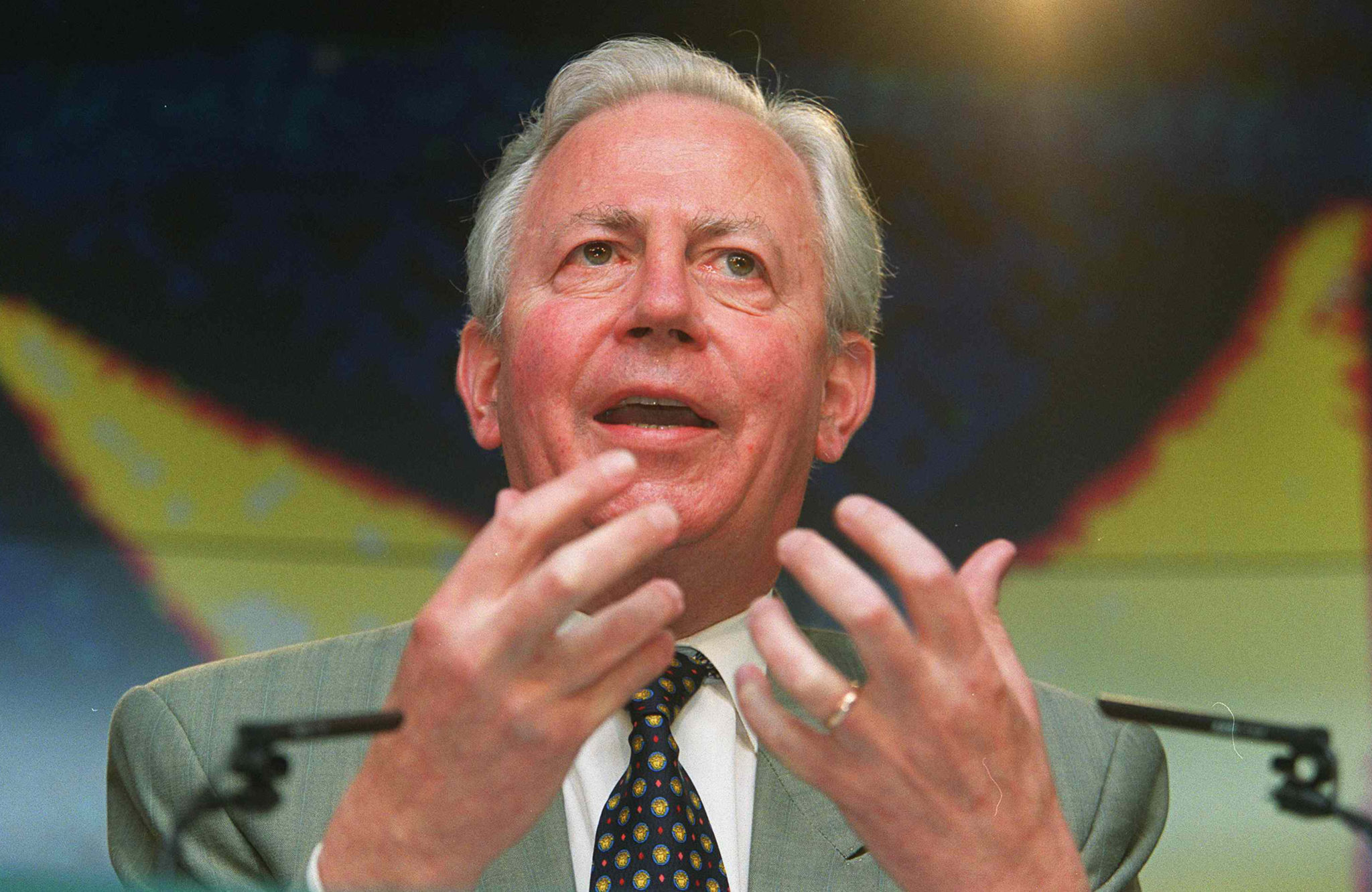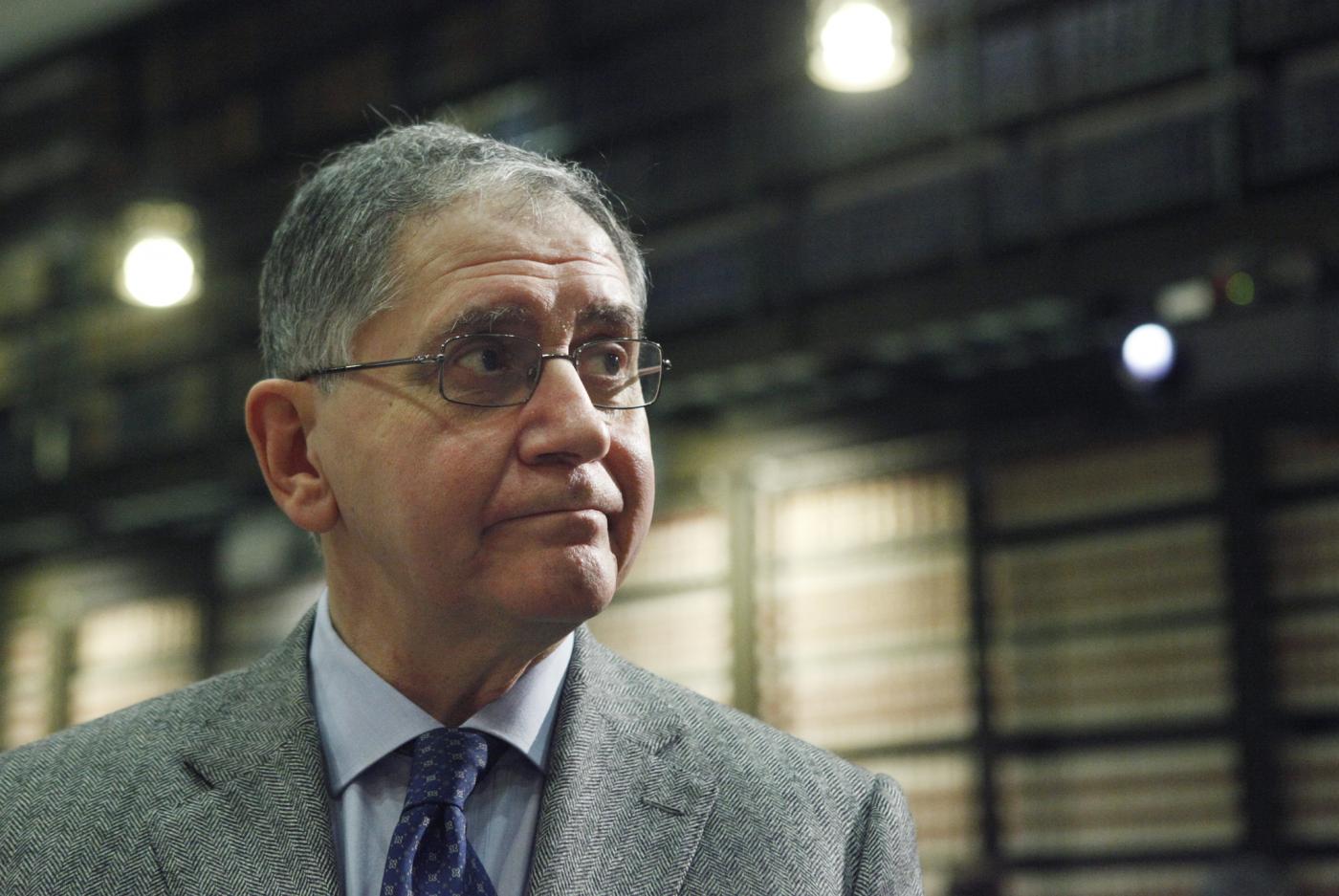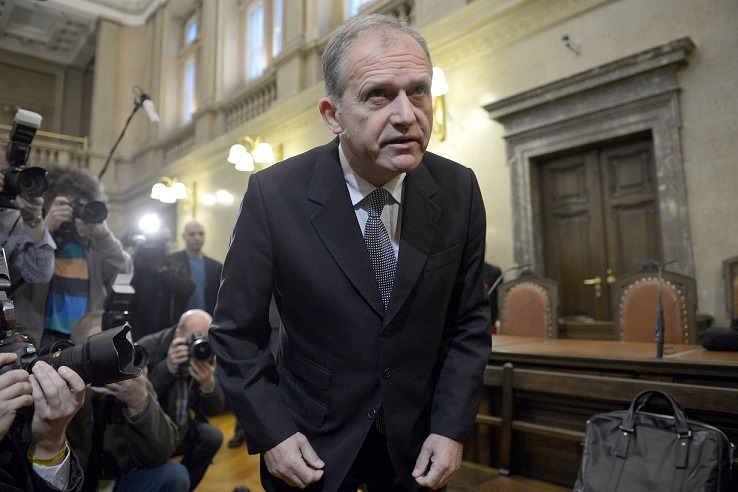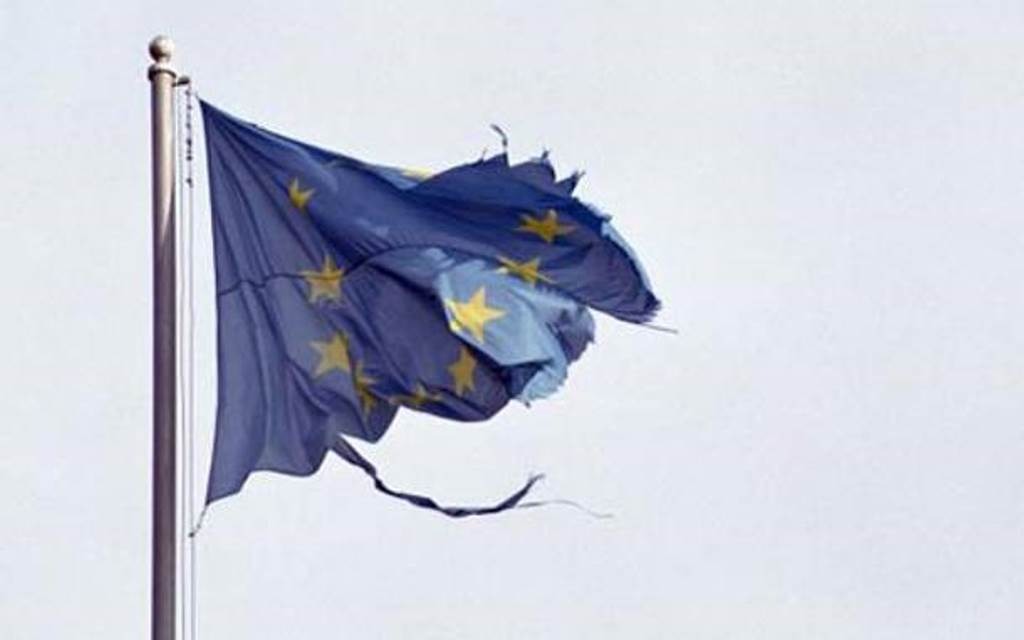The recent "cash for questions" furore in the UK has once again put the spotlight on cases of alleged fraud at the highest levels of the political elite. In the most recent case, former British Foreign Secretaries Jack Straw and Sir Malcolm Rifkind were forced to say they had broken no rules after being secretly filmed apparently offering their services to a private company for cash.
Reporters for the Daily Telegraph newspaper and a TV crew posed as staff of a fake Chinese firm.
Straw said he had fallen into a "very skilful trap" while Rifkind said his comments had been "silly".
The MPs have referred themselves to the UK Parliament's standards watchdog while British Labour leader Ed Miliband has written to Prime Minister David Cameron calling for a ban on MPs having second jobs.
In another recent case, the European Parliament opened its own investigation into the so called Lux Leaks tax scandal.
The scandal erupted back in November after Jean-Claude Juncker had taken up his job as European Commission president.
A group of journalists uncovered alleged evidence that the former Luxembourg premier had been personally involved in brokering favourable tax deals to allow major multinationals to set up in his country. The European Commission has promised to investigate the leaked tax rulings and will also look at tax rulings in all member states.
These and other revelations prompted The Brussels Times to take a trip down Memory Lane and look at some of the most (in)famous cases of (alleged) wrongdoing. Here is our Top Five.
No. 1 The 1999 Santer Commission Scandal
In 1999, Jacques Santer, the head of the European Commission, and his fellow commissioners, were forced to resign en masse over a corruption scandal. Santer had led the Commission until it collapsed after a devastating report on fraud and nepotism attacked the EU's executive body for serious management failings.

All 20 members of the Commission stepped down, in what was described at the time as the biggest crisis in the European Commission’s history.
No. 2 The 2004 Rocco Scandal
In 2004, Rocco Buttiglione was Italy's surprise choice as the European Union's new commissioner for Justice, Freedom and Security.
However his remarks on homosexuality and the role of women during a confirmation hearing sparked an institutional crisis which led to him withdrawing his candidacy.

A whole host of MEPs demanded that he be stripped of his portfolio, but Italy was outraged at the suggestion and the Vatican complained of a "new inquisition".
But Buttiglione, while apologising for his expressions and the reaction they provoked, refused to say sorry for his ideas.
No. 3 The 2006 Galvin Report
The Galvin Report was named after Robert Galvin, the EU Internal Audit official. It was written at the end of 2006 as an audit of the expenses and allowances claimed by a sample of more than 160 MEPs. The existence of what was called "this shocking report" was kept secret until February 2008 when news of its existence was made public by ex-UK MEP Chris Davies. Even then, its contents remained secret and a select group of MEPs were only allowed to read the report individually in a locked and guarded room.
No. 4 The 2011 Cash for Influence Scandal
The former Austrian MEP Ernst Strasser was convicted of attempting to change laws in the European Parliament on behalf of a business offering to pay him €100,000 a year.
Strasser, a former minister who was said to have used his role as an MEP to work secretly as a lobbyist, was exposed during an undercover investigation by The Sunday Times three years ago.
He was jailed for three years after being found guilty of corruption by a court in Vienna. It was the second time he had been convicted of the same offence. An earlier verdict had been overturned on appeal.

Strasser was one of three MEPs who were willing to accept payment to amend legislation in the European Parliament on behalf of a fake lobbying company set up by reporters posing as lobbyists.
Adrian Severin, a Romanian MEP, was also accused of having taken bribes from journalists and charged with siphoning € 436,000 from the EU budget.
It was one of the biggest scandals in the Parliament’s 56-year history and led to the introductions of new rules on MEPs' expenses.
No. 5 The on-going EU Budget Fraud
EU budget fraud has historically taken a wide range of forms, from farmers seeking payments for climatically impossible sugar cane cultivation to the channelling of funds for immigration projects to what some have labelled terrorist groups.
All types of EU budget fraud probably stem from inadequate budgetary control measures. This partly comes from factors inherent in the EU's structure, such as the 'Own Resources' system for funding the EU and the decentralized implementation system which puts the bulk of the responsibility for collecting and distributing EU funds on the member states.
Despite much anti-fraud work and reinforced internal controls within the EU and the member states, successive scandals have surfaced that have led to an impression among the public that there is an unwillingness or inability to take action against malpractice, fraud and corruption, which undermines public support for the EU.
By Martin Banks

